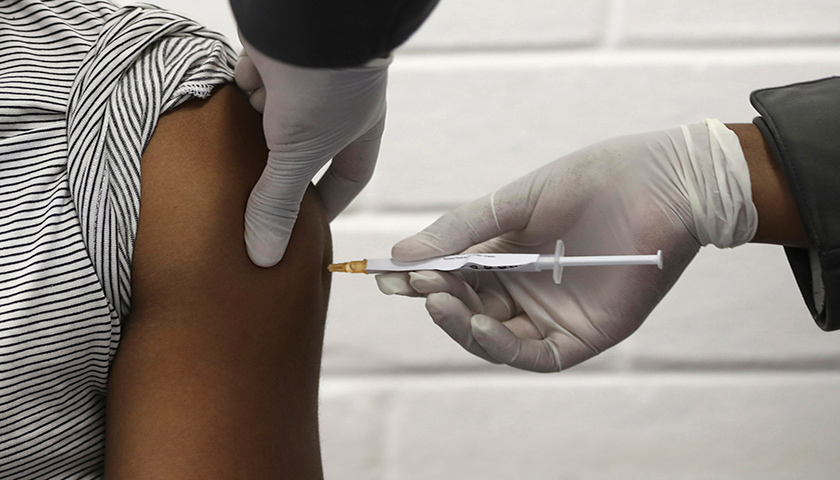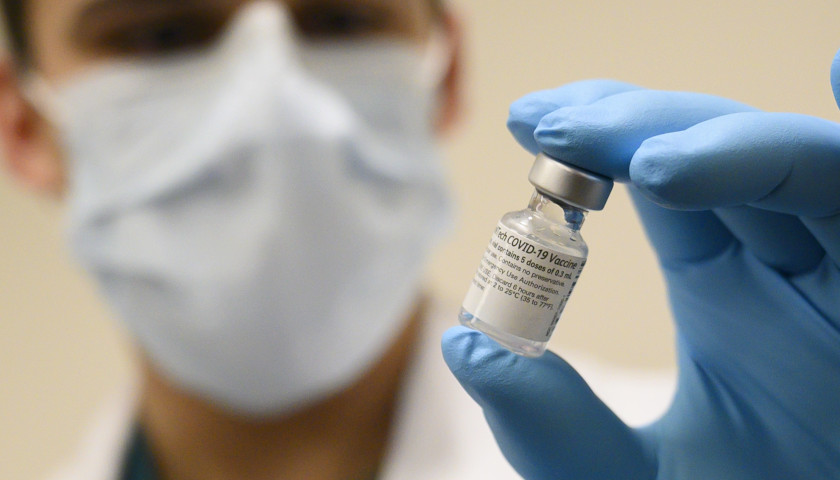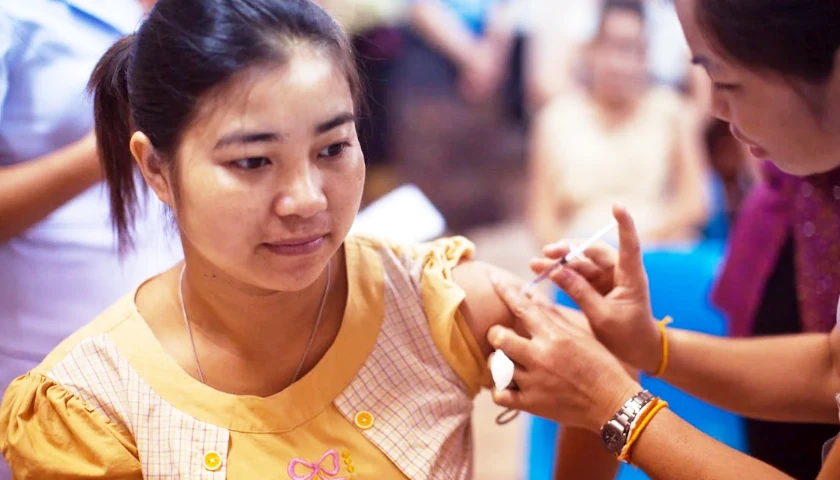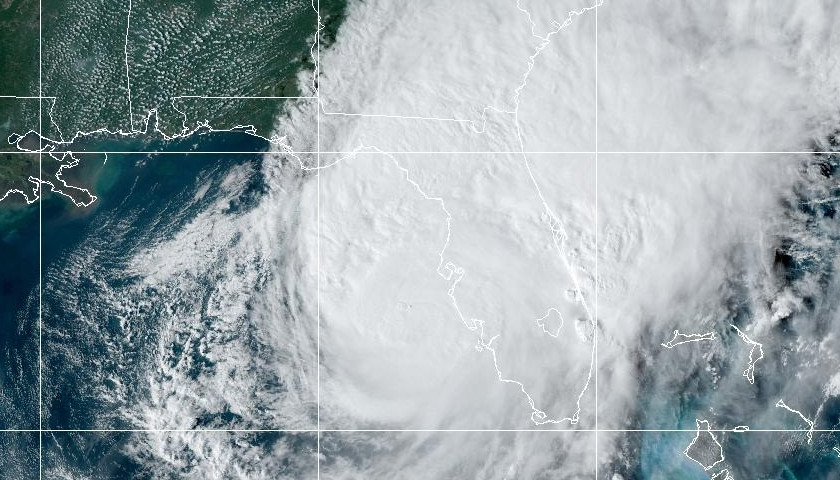Governor Ralph Northam announced Monday that Virginia has reached a key vaccination milestone: 70 percent of adult Virginians have received at least one dose of a COVID-19 vaccine.
“Virginia has reached a significant milestone in the fight against COVID-19,” Northam said in his announcement. “Thanks to the millions of Virginians who have rolled up their sleeves to get vaccinated, the virus is in retreat, our economy is growing, and we are closer to putting this pandemic behind us.”
On June 14, the Virginia Department of Health (VDH) reported a seven-day moving average of 139 COVID-19 cases, down from a January peak of 5,900. On June 21, COVID-19 hospitalizations were at a seven-day moving average of 300, down from 3,150 in January, according to the Virginia Hospital and Healthcare Association.
President Joe Biden had challenged states to meet the at-least-one-dose-for-70-percent-of-adults milestone by July 4. Virginia is the 16th to reach the goal, according to Northam’s press release.
Virginia’s progress is significant given delays in the vaccine rollout in January that saw Virginia ranked near the bottom of the 50 states in percentage of vaccines received that were distributed to priority groups. Republicans blamed Northam’s administration for those delays, but Northam blamed the Trump administration for mixed messaging that led local health departments to make poor supply decisions. Officials in some localities also reported poor distribution and registration infrastructure in January. In February, the VDH rolled out a new centralized registration website and a statewide hotline.
In his Monday announcement, Northam said, “A statewide effort has brought us to this point, with strong partnerships in our communities, health systems, the private sector, and across all levels of government. Even as we celebrate this tremendous achievement, we will continue working together to vaccinate everyone who is eligible so our Commonwealth can keep moving forward.”
More than 30 percent of Virginians aged 12 to 15 have also gotten the vaccine, according to Northam’s release. “VDH will continue working with school districts to make the vaccine available to students as the vaccination efforts shift from large-scale vaccination sites to health care providers, pharmacies, and mobile vaccine clinics,” the release states.
On June 17, CDC Director Rochelle Walensky said in a White House briefing that out of the millions of teens and young adults who have received either the Moderna or Pfizer vaccines, over 300 cases of myocarditis (heart inflammation) have been reported, according to NPR. That appears to be limited to the mRNA COVID-19 vaccine types, according to the CDC.
“There has not been a similar reporting pattern observed after receipt of the Janssen COVID-19 Vaccine (Johnson & Johnson),” the CDC states.
A CDC fact sheet says that reported vaccine-linked myocarditis cases occurred mostly in males 16 years or older within several days of the vaccination.
“Most patients who received care responded well to medicine and rest and quickly felt better,” the CDC states. “Patients can usually return to their normal daily activities after their symptoms improve, and they should speak with their doctor about return to exercise or sports.”
“The myocarditis link appears real, but small, with most patients doing really well, even those conservatively admitted to the hospital,” said Dr. Michael Martin, president of the Virginia Chapter of the American Academy of Pediatrics (AAP).
Martin said the risk of myocarditis from a vaccine is less than the risk of COVID-19.
He said, “It is also important to remember that many people who got COVID themselves suffer myocarditis like many other common viruses and many of these patients, including adolescents, are continuing to be followed by cardiologists. The rate of myocarditis after the vaccine is far less than potentially occurs after having the COVID infection.”
Martin warned of a likely surge of COVID-19 among unvaccinated people as a new COVID-19 variant spreas. He said, “The CDC and AAP, and for that matter the Virginia Chapter of the AAP, continue to advocate for the vaccine to be given to all eligible kids.”
Researchers have published a small case study into post-vaccination myocarditis led by Dr. Christopher deFilippi from Fairfax, Virginia-based Inova Heart and Vascular Institute. The team says more research is needed to determine if the “myocarditis-like-illness” is more common after vaccination than in unvaccinated people of similar ages.
The researchers studied seven patients, and concluded that even for younger adults, getting vaccinated is better than risking getting COVID-19.
“The clinical course of vaccine-associated myocarditis-like illness appears favorable, with resolution of symptoms in all patients. Given the potential morbidity of COVID-19 infection even in younger adults, the risk-benefit decision for vaccination remains highly favorable,” the researchers said.
– – –
Eric Burk is a reporter at The Virginia Star and the Star News Network. Email tips to [email protected].





